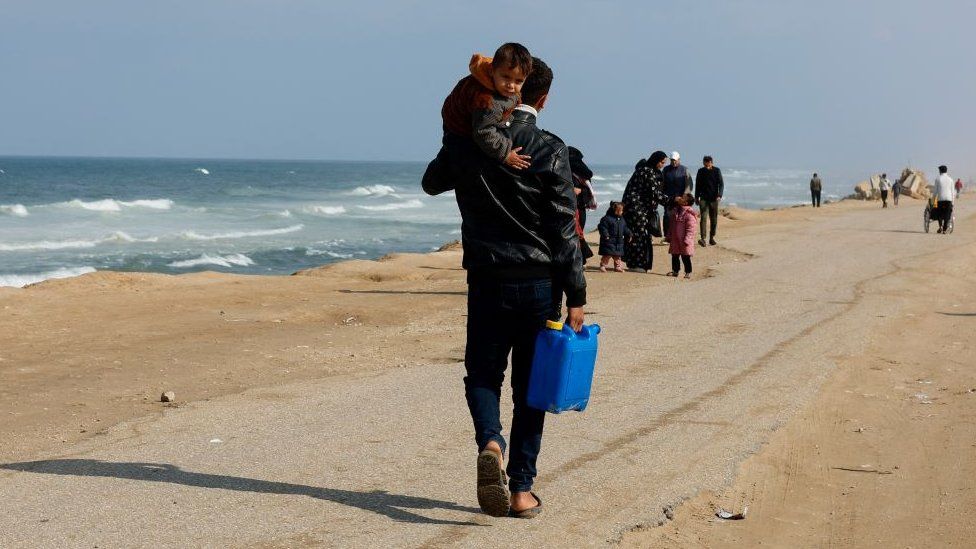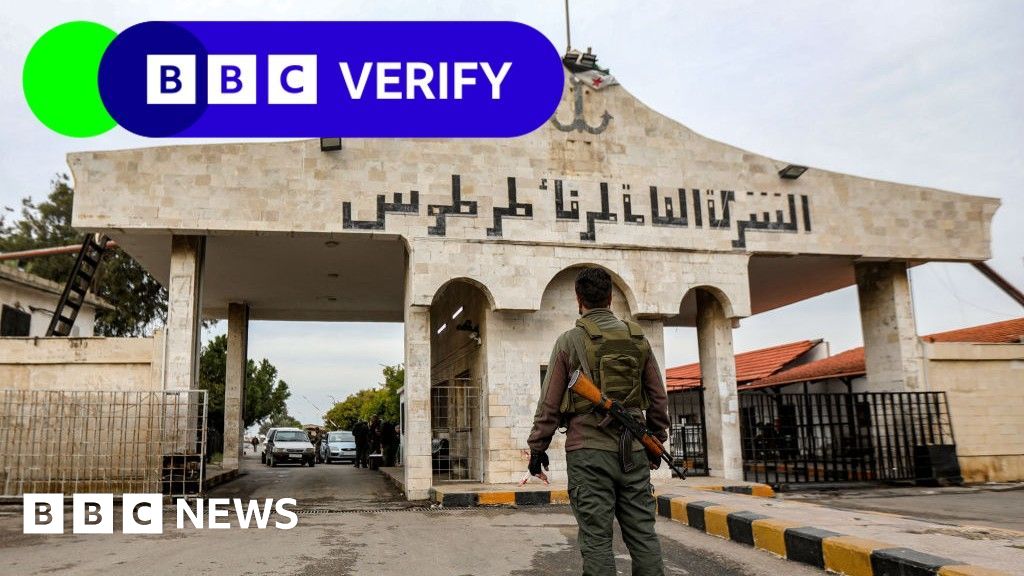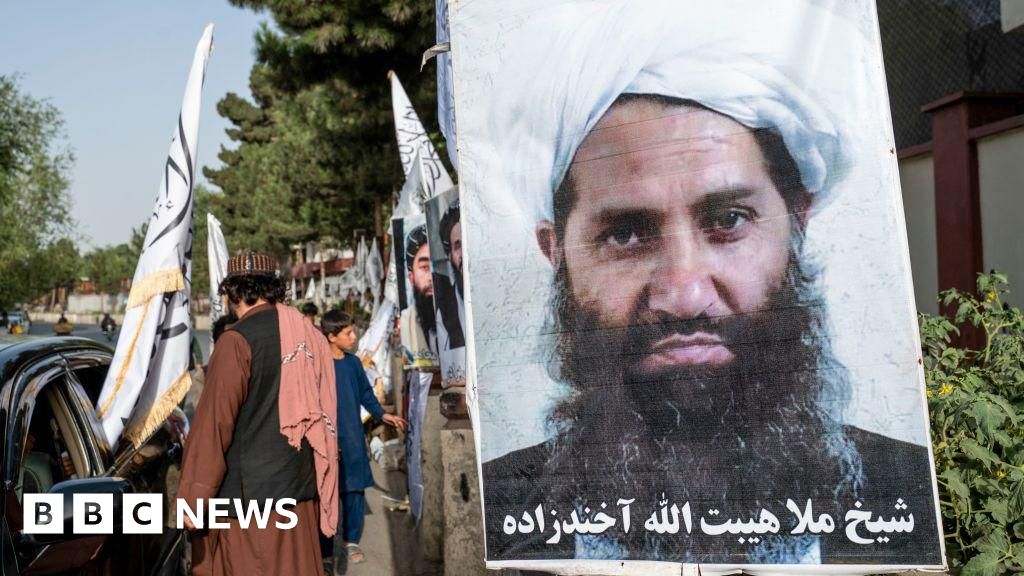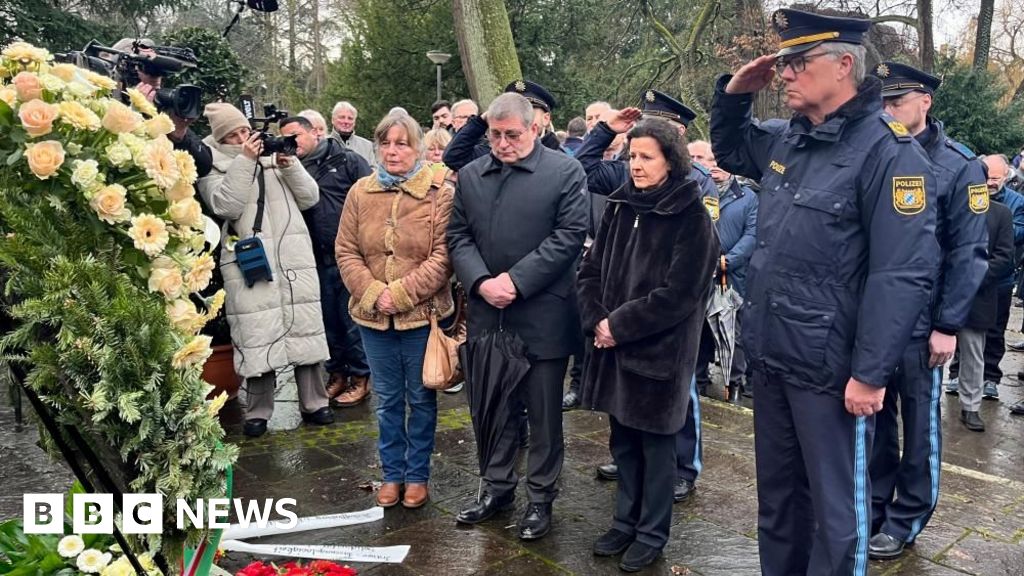ARTICLE AD BOX
 Image source, Reuters
Image source, Reuters
Hamas is demanding the full withdrawal of Israeli troops from Gaza in a counteroffer to a US and Israel-backed ceasefire proposal
By Ido Vock & Lyse Doucet
BBC News
Hamas has laid out a series of demands, including exchanging hostages for Palestinian prisoners and rebuilding Gaza, in response to an Israel-backed ceasefire proposal.
The armed group wants a full withdrawal of Israeli forces and an end to the war after three 45-day truce phases.
The offer is likely to be unacceptable to Israel's prime minister, who has called for "total victory" in Gaza.
The question is whether a middle ground can be reached to move the process on.
Hamas's response is a counteroffer to a ceasefire proposal backed by Israel and the US and mediated by Qatar and Egypt - details of which have not been made public.
According to a draft of the Hamas document seen by the Reuters news agency, it suggests:
- A first 45-day pause in fighting during which all Israeli women hostages, males under 19, the elderly and sick would be exchanged for Palestinian women and children held in Israeli jails. Israeli forces would withdraw from populated areas of Gaza and the reconstruction of hospitals and refugee camps would begin
- A second phase which would see remaining male Israeli hostages exchanged for Palestinian prisoners and Israeli forces leave Gaza completely
- A third and final phase during which both sides would exchange remains and bodies
The deal would also see deliveries of food and other aid to Gaza increase. By the end of the 135-day pause in fighting, Hamas says negotiations would have concluded to end the war.
The proposal received a tepid response from US President Joe Biden, who called it "a little over the top". Secretary of State Anthony Blinken said there was still "a lot of work to be done" to reach a permanent ceasefire, but stressed the importance of reaching a lasting peace.
A previous one-week truce in November saw about 100 hostages freed in a swap with 240 Palestinian prisoners.
Around 1,300 people were killed during the Hamas attacks on southern Israel on 7 October last year. The armed group is proscribed as a terrorist organisation by many Western governments, including the UK and US.
More than 27,500 Palestinians have been killed and at least 65,000 injured by the war launched by Israel in response, according to the Hamas-run health ministry.
Demands by Hamas for a complete withdrawal of Israeli forces are likely to be seen as entirely unacceptable by Israel.
While Prime Minister Benjamin Netanyahu insists the goal is "total victory", Israeli officials acknowledge that is still a long way off and some insist it is not even achievable militarily.
Mr Netanyahu's office says Hamas's proposal has been delivered and is being "evaluated" by Israel.
The US, one of the main brokers in these indirect Israel-Hamas talks, still sees this process as the "best path forward" and is pressing hard along with its Arab partners.
Their goal is to achieve a sustained humanitarian pause, which could lead to a ceasefire and provide breathing space to focus on a more ambitious plan for the "day after" the end of the war.
Mr Blinken called it an "incredibly powerful path" which would pave the way to the rebuilding of Gaza, a reformed Palestinian Authority and eventually a Palestinian state, as well as a normalisation of relations between Saudi Arabia and Israel.
But the Israeli military is still focused on destroying Hamas brigades and hunting down Hamas leaders. And Mr Netanyahu, ever mindful of his own political survival, is under pressure from right-wing allies who warn they'll bring down his government if he makes any concessions.
Israeli families of hostages are growing ever more anxious about the fate of their loved ones, particularly following disclosures that a fifth of the more than 130 hostages remaining in Gaza are dead.
The US and its Arab allies worry about the growing risks of a wider regional conflagration. And many international organisations are loudly warning of the deepening humanitarian catastrophe unfolding in the Strip. Many clocks are ticking loudly.

 11 months ago
119
11 months ago
119








 English (US) ·
English (US) ·